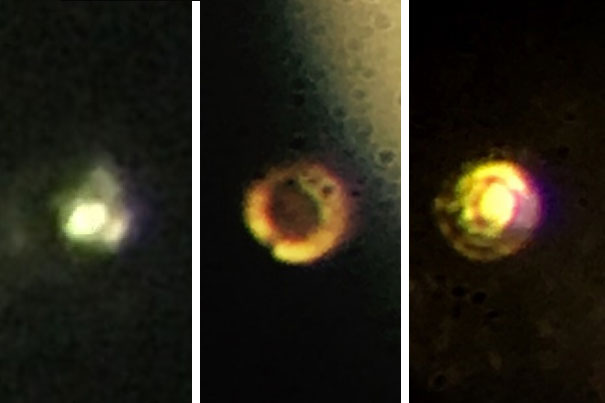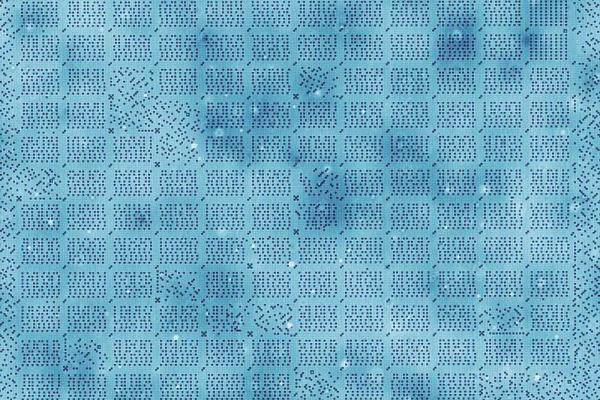
Scientists Turn Hydrogen Into Metal - A Breakthrough 80 Years In The Making
Scientists at Harvard University have successfully turned hydrogen, the lightest of all elements, into metal - achieving a near-100-year-old dream and theoretically enabling a revolution in technological capability.

World’s Smallest Hard Disk Is The Size Of A Stamp - Writes Data One Atom At A Time
Scientists in the Netherlands have created the world’s smallest hard disk by inventing a breakthrough system capable of writing bits of information onto a single atom.
Scientists Build Machine That Can Record Your Dreams And Turn Them Into Short Films

Kyoto scientists have developed a machine that can record your dreams and output them as short films, allowing the opportunity to better understand what goes on in the brain when we sleep.
UK Scientists Will Launch A Smartphone Satellite Into Space

A team of scientists from the University of Surrey are preparing to send the world's first smartphone satellite into orbit.
Called STRaND-1 (the Surrey Training, Research and Nanosatellite Demonstrator), this 30cm CubeSat weighing 4.3kg is powered by the Google Nexus One smartphone, and will launch into a 785km sun-synchronous orbit.
Scientists Find A Way To Decipher Dreams With Brain Scans

At the ATR Computational Neuroscience labs in Kyoto a team lead by Yukiyasu Kamitani have started to develop a method of scanning a person’s mind whilst they sleep to determine what they are dreaming about. Using functional neuro-imaging to scan and record the brain waves of three individuals’ brains with an electroencephalography (EEG) machine, they have started to build up a baseline of what the person is actually dreaming.
Warp Drive Is More Feasible Than First Thought, According To NASA Scientists

‘Warp drive’ – a concept popularised in our favourite sci-fi shows such as Star Trek – is not as unrealistic as it was first believed, according to top scientists from NASA. They say there is a distinct “hope” that we can reach faster-than-light travel in years to come following ‘breakthroughs’ in warp drive theory.
Brain Scan Can Predict How Sexually Active You'll Be And How Fat You'll Get
A team of researchers have successfully been able to predict a person's weight gain and sexual activity, from the use of MRI scans, giving you a heads up in advance to just how many charms of temptation you may fall for (be it fatty foods or sexual conquests).
Scientists discover the secrets to a successful pop song
Talentless singers rejoice. University of Bristol scientists have created software that has the ability to analyse and determine the hit potential of a song.
Called 'Score a Hit,' data has been collected about tunes in the UK top 40 since 1961 for the purpose of using the equation, to see if it's estimations were correct and precise. The program has been able to predict chart positions with roughly 60% accuracy through it's algorithm of evaluating 23 characteristics of the song such as danceability, harmonic simplicity and volume.
The Computer System that recognises human emotion via your voice

Two groups of scientists in Spain have created a prototype computer system that is able to recognize the emotional state of a person from the intonations in his/her voice.
A significant step forward from the run-of-the-mill automated telephone services (you know, the ones that ask "you said *insert word here* is that correct?" after every phrase), this is set to be slightly less annoying, thanks to the Universidad Calos III de Madrid and Universidad de Granada in Spain's research.



